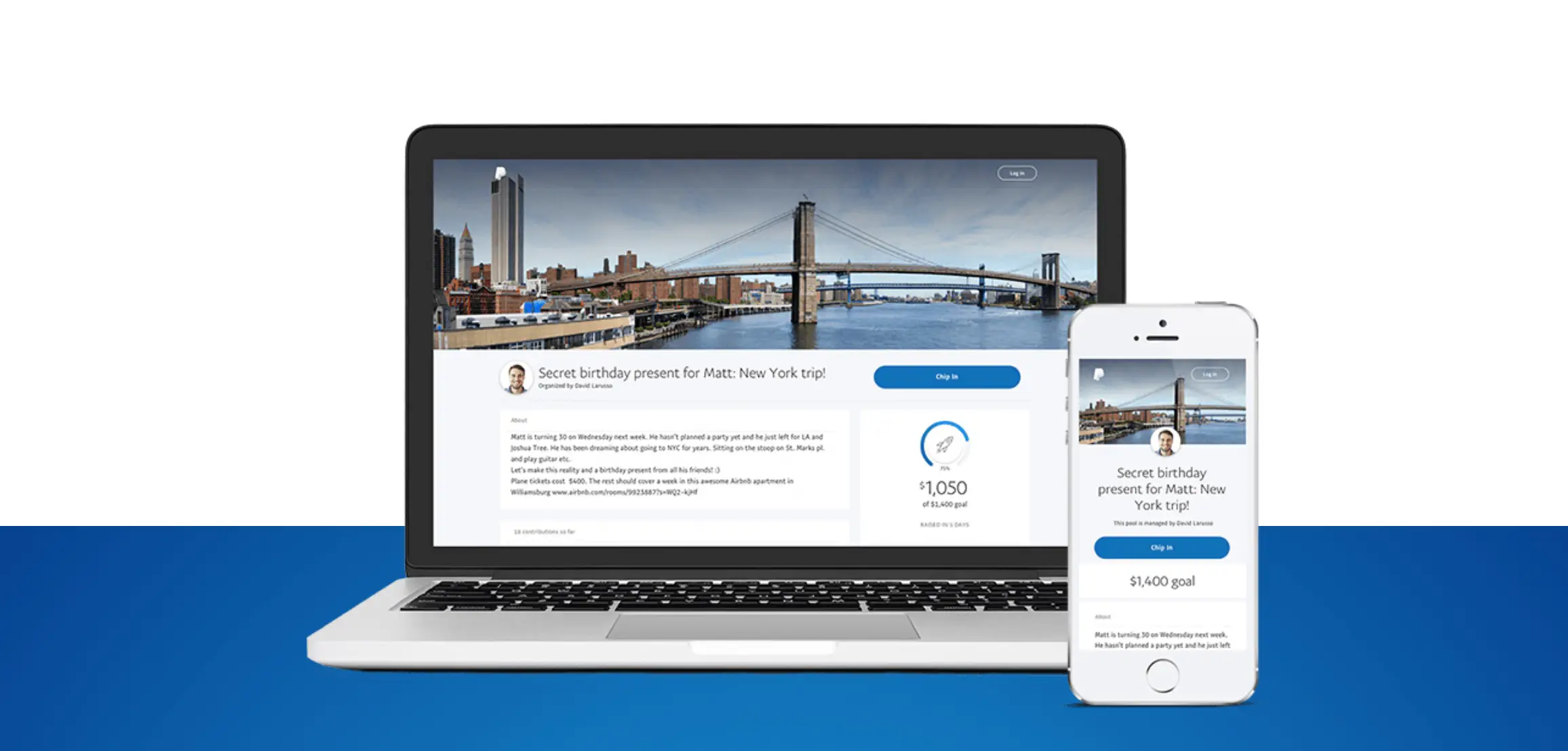It’s quite a big decision to launch your own website. Whether your website is designed for personal reasons or is intended to be a profit-spinner, you’ll need a good web hosting provider.
Choosing the right web hosting provider can be quite difficult to navigate if you’re not tech-savvy. We’ve chosen five of the most important points for you to consider when looking for a website host that will provide the best service in the long-term.
Different web hosting companies offer different benefits and features. This article will help you figure out what’s most important for your future website.
The Control Panel
For newbies, the control panel is probably one of the most important aspects that you should look out for. You’re going to struggle unnecessarily if your control panel is not that user-friendly for those of you who aren’t so tech-savvy.
So, you need to be on the lookout for a host that includes a simple control panel that is intuitive to use. Sure, you should also be looking for excellent customer service, but the more you can do by yourself, the better.
Just some of the tasks you’ll need to perform include setting up a domain-based email account, installing useful plugins to grow your site, and implementing a content management system. cPanel or Plesk are notably among the more user-friendly control panels to use, because their interface is easy to follow.

So lookout for a host that includes either of these two systems to help you get started on your own.
Alternatively, don’t shy away from a hosting provider that has a control panel developed in house. If it is a trusted web hosting provider – their own brand control panel, like the one made by Hostinger, will be better optimized for that web host’s feature set.
Security
Website security is essential to protecting all your hard work. The last thing you want is to get your site established, only to be hit by a security breach.
Unless the host offers excellent security features to protect your site, you will battle to recover the effort and investment in starting your own website. While security should be a given, not all host providers offer sufficient protection. At the least, web hosting server security should have the necessary firewalls installed to shield off attacks before they even come near your site. Also, their security monitoring protocols should be implemented to check the host’s network to catch unusual activity as another basic protection for your site.
Access control is a vital feature that ought to be offered by your host to protect your admin access. I also recommend that you install the necessary antivirus and malware software to protect your site from malicious attacks.
Additionally, you can opt for web hosting providers that provide free SSL protection to further secure your website while saving a bit of cash.

Image Source: Cloudflare
Dependability and Speed
The speed of your website is important for your customers. If your site is too slow, they’re going to move on to another to find what they want.
A good web hosting service provider is also going to ensure that your website is always supported by current technology that keeps it online. Downtime is another issue that is going to lose you traffic, so this feature is critical to maintaining an interested audience.
Search ratings also rely on your website being functional, so be on the lookout for a host that ensures updated hardware, and strong connections that keep you online.
The best way to determine if the web host is doing a good job is if its yearly uptime score rating sits at 99.9% and above. Anything below this in terms of its historical record, and you should look for a different host.

Image Source: Search Engine Land
Scalability Features
Scalability refers to how responsive your web hosting provider is to help you grow your website over time. Even if you start off with a basic package, you’ll want to know whether the host is capable of upscaling their offering to support your growth.
Don’t assume that because the host suits your needs at the moment, that it will be able to do so in the future. Unless they do offer scalability to cater to increased traffic, content, and other features, you should look elsewhere.
This is where the difference between VPS hosting and dedicated hosting comes into play. You won’t want to change hosts if your website reaches this point because that’s just unnecessary costs, effort, and potential downtime, which is not good for business.
Always check the level of upgrades offered before ‘signing on the dotted line’.
Customer Service
Newbie website owners always need professional help when starting out. Knowing that your hosting delivers excellent customer service to see you through the tech hurdles is critical to your success.
Support should be able to advise you about available storage space for your site, and what additional features can be installed to enhance the success of your new endeavor. Also, you’ll want to know how to perform backups from your control panel and what level of support is offered by the host in terms of this aspect.
Find out if the host provides around the clock support, and how many channels you can reach them on when you’re in a hurry. You want to know that the host is responsive to queries and can get back to you within the hour. Do some research to see what other users say about the host to give you a better idea of the quality of service you can look forward to.
Wrapping Up
These are my top tips to choose the best web hosting provider for your website. Other basics include pricing, backups, and competitive features but don’t let low costs blind you to the more important stuff. I hope this article helps you make an informed decision on the future of your site.











Comments